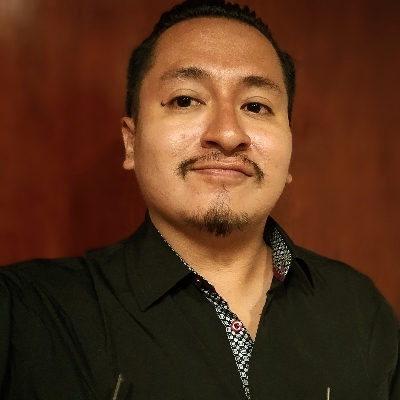¿Ima nanaytaq kayqa?
Sintiduykunata wichkayta munarqani
sunquytapas watayta.
Pachamamapa sunqunpi
pakakuyta maskarqani.
Llaqtaypa apunkunata
wañuchiyta munarqani
amaña ñak’arinaypaq.
Ichaqa kay pachapa phiñakuynin
ñut’uwachkan.
¡Mamalláy mama!
Muspachiyniypi urmaspa
ayqiyta munani,
ñaña turaykunahina
amaña ñak’arinaypaq
kay millay maqanakuypi.
Maypi urqukuna nananmanta qaparqachanku
wayawpas astawan waqanku,
mayupas, llakimanta astawan lluqllakun.
Quyllurkunata waqyani
pantasqa umakunata
aqchinanpaq,
kuyakuypa ñanninta
pusawananchikpaq.
Llapa wayrankunata pituchakuni
qasi kayta apamuwastin
millay kayta
chinkachinanpaq.
Llapa runapa mana imamanta
llikikuyninqa
p’inqachiwanchik nanachiwanchik.
Yarqaynin, wakcha kayninpas
p’akisqa musqunkunapas
ñuqanchikpam.
Kunantaq ¿maytatataq risun
kay millay urapi
qapaq yawarwan yawarchasqa?
¡Ñaña turaykuna
kay nanayta chinkachisun!
What Pain Is This?
I have longed to close my senses
and to gag my heart.
I have sought to hide myself
in the deep heart of the Earth.
I have longed to kill
my homeland’s Apus
and not feel death anymore.
But the fury of this time
destroys me.
Sweet Mother!
I want to escape
and fall into my hallucinations,
not to bleed
like my sisters and brothers
in this execrable war
where the Urqus howl painfully
and the willow tree cries more than ever before
and the river grows in sadness,
torrential and fierce.
I implore the stars
to illuminate
mistaken minds
and guide us
down the blissful road of love.
I appeal to all the winds
to bring us peace
and eradicate evil.
The illogical wound
of the Quechua men
invades us with shame and sorrow.
Their deprivation, orphanhood, hunger
and broken dreams
are our pain.
And now, where do we go
in this awful time
in which we are bathed in innocent blood?
Sisters and brothers,
throw out this suffering!
¡Turachay tura!
¡Turachay tura!
Quykusapa kayniyki
munapayaq miskillapas,
mamapachapa patpatninta
pisqukunapa phawaq takinta
hanaq pachakaman
uyariyta yachachiwarqanki.
¡Turachay tura!
Llapa yuyayniykiwan
purinaykupaq ñankunata
ruwarqanki.
Tukuy kuyayniykiwan
mayunchikta, wayranchikta, sunqunchiktapas
waqaychayta yachachiwarqanki.
¡Turachay tura!
Llapa kuyaywan,
chiqchi sarata, kinwata
tarpuyta yachachiwarqanki.
Allillamanta ch’aki mullipa,
tumpa chiri qiwapa miski asnayninta
riqsichiwarqanki.
¡José María, turachay tura!
Llasaq yupinchikta
millay mit’umanta
anchuriyta yachachiwarqanki.
Kallpachawaspa, quyllurkunata
qawachiwarqanki
hinallataq paykunawan asikuyta.
My Little Brother
Your loving and sweet
generosity
taught me to listen carefully
to the vibrations of Mother Earth,
the singing of the birds
to the heaven.
My little brother,
with the whole wisdom of life
you construct the roads
for walking.
With love, you taught me
to take care of our winds, our rivers,
and our hearts.
My little brother,
with your abundant happiness, you taught me
to sow the cheqchi1 corn and the quinoa.
Slowly, you taught me
to know the sweet aroma
of the dry molle,
the pleasant scent of the fresh grass.
José María2, my little brother!
You taught me to keep
our deep footprints
far from the repugnant mud.
You animated me,
you helped me to watch the stars
with attention
and laugh with them.





